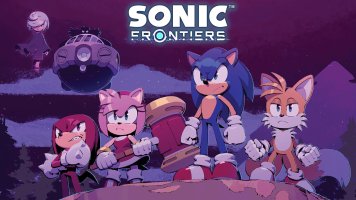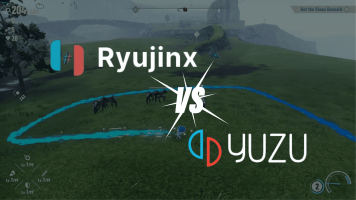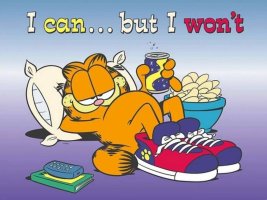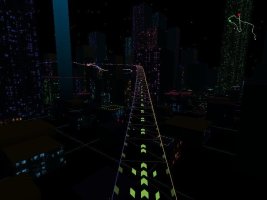At the same time that Neversoft was in negotiations with Hawk, several other companies also expressed interest in creating their own skateboarding games with the skater at the forefront. Chief among them was the nascent Rockstar Games.
According to Jamie King, a former producer at Rockstar, and one of the five original co-founders, his first job at the new publishing label was to secure various video game licenses, based on suggestions from his fellow co-founder Sam Houser. Houser tasked King, for instance, with securing the video game rights to the 1979 action-crime thriller The Warriors, with the former producer writing directly to the director Walter Hill — eventually leading to the Rockstar Toronto beat 'em up from 2005. However, his next task wouldn't be quite as successful.
At the time, the founders of Rockstar Games were heavily interested in skate culture and were working with the developer Z-Axis behind the scenes to put together a game that it hoped would be the most authentic skateboarding video game yet. So, to add some further authenticity, Houser tasked King with reaching out to "The Birdman" to see whether he would lend his name and likeness to the project.
"Sam said, 'Go get me Tony Hawk'," King recalls. "So I met up with Tony Hawk, but he had already pretty much done the deal with Neversoft."
We contacted Tony Hawk's management team to confirm King's version of events and Hawk was able to corroborate the first part, telling GameParadise, "I did meet with them and discuss a few ideas". However, he stated that he had yet to sign a deal with Activision when Rockstar approached him, so that wasn't the sticking point when it came to reaching an agreement.
Instead, as previously revealed in a 2019 IGN retrospective on the making of Tony Hawk Pro Skater, the reason Hawk actually passed on working with Rockstar was because he believed the demo they showed him was just too inaccessible for non-skaters, and Hawk wanted to be involved in something that would feel good to play, even if you didn't know how to skate. So, when Hawk met with representatives of Activision and Neversoft and found their demo to be much more approachable and fun, he knew which company he wanted to partner with.
As Hawk told the IGN reporter Joseph Knoop back in 2019, "It was basically that day that I decided I'm going this direction. I would much rather go this direction than what [Rockstar] has to offer because this seems like it's much more appealing to a better, bigger audience, and more fun in the sense that you can do impossible tricks."
According to King, once it became clear that they couldn't get the Tony Hawk license and that Activision had bested them, Houser offered up an alternative.
"Sam was like, 'Go, get me Thrasher Magazine'," King remembers. "So I went and got that. And that was pretty much the first time I had produced anything. Suddenly, I was in Seattle and San Mateo with game developers, eating pizza at ten o'clock at night, worrying about ankle physics and bones."
Thrasher Presents Skate and Destroy, Rockstar Games' response to losing out on the Tony Hawk license, launched in October 1999 in the UK, for the PlayStation One — just one month after the release of the first Tony Hawk's Pro Skater game.
It was a solid skateboarding game, with the developers Z-Axis taking a more simulation-heavy approach compared to Tony Hawk's emphasis on arcade-y physics (and anthemic, punk singalongs). But it failed to capture the zeitgeist in quite the same way as Neversoft's title.
Perhaps, because of this, Rockstar never got around to releasing a sequel to Thrasher, with the game now serving as a strange memento from the time the publisher tried to make a Tony Hawk game, but lost out to its competition.






